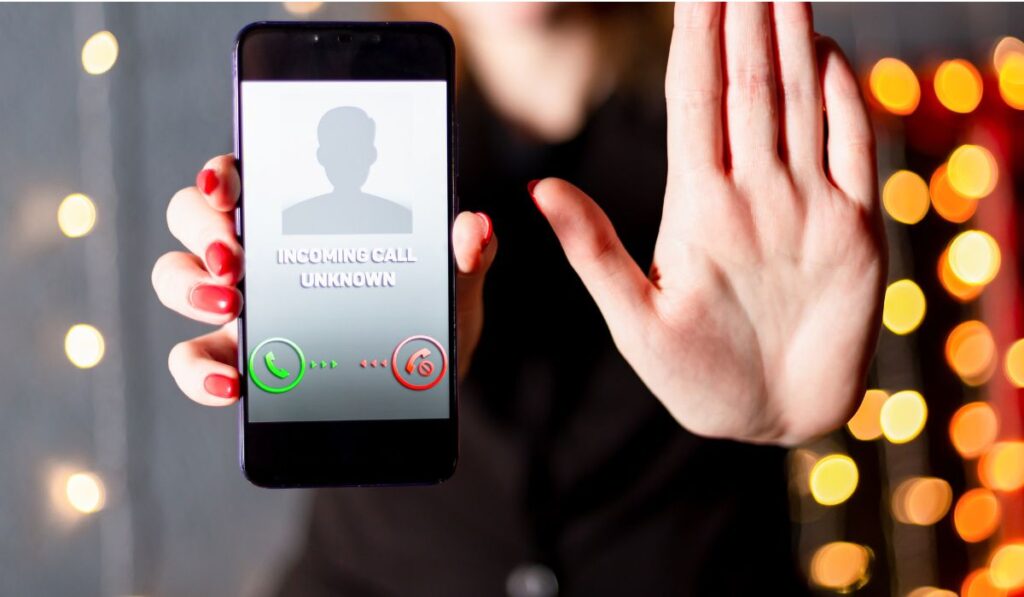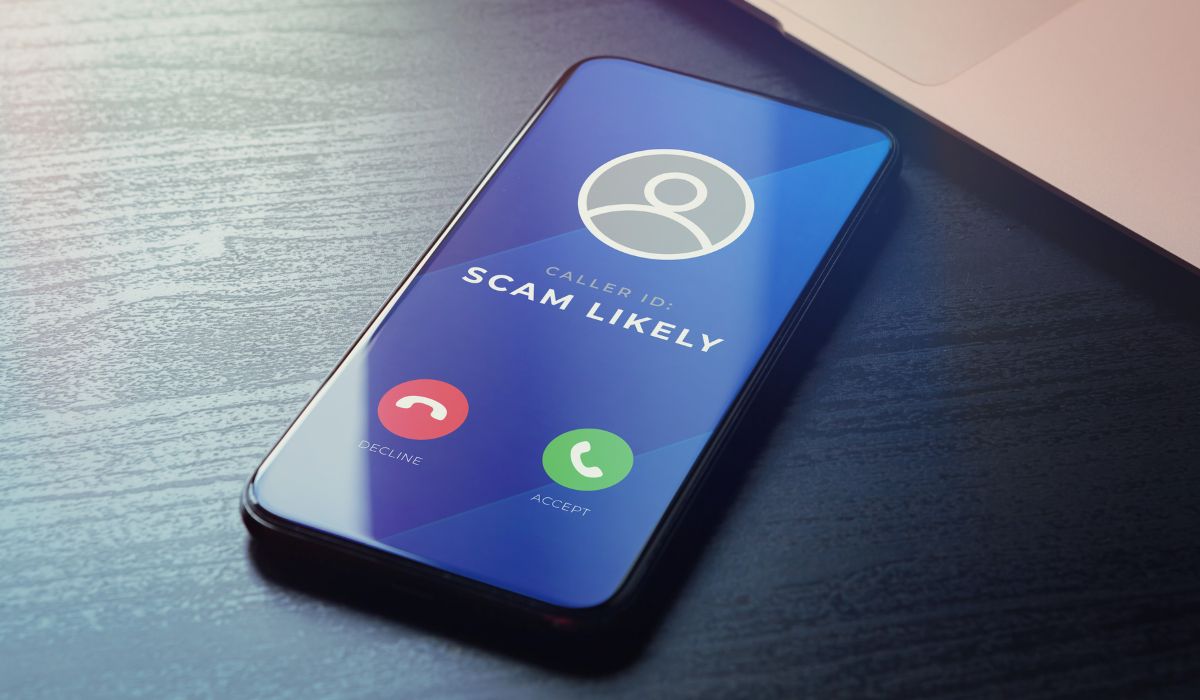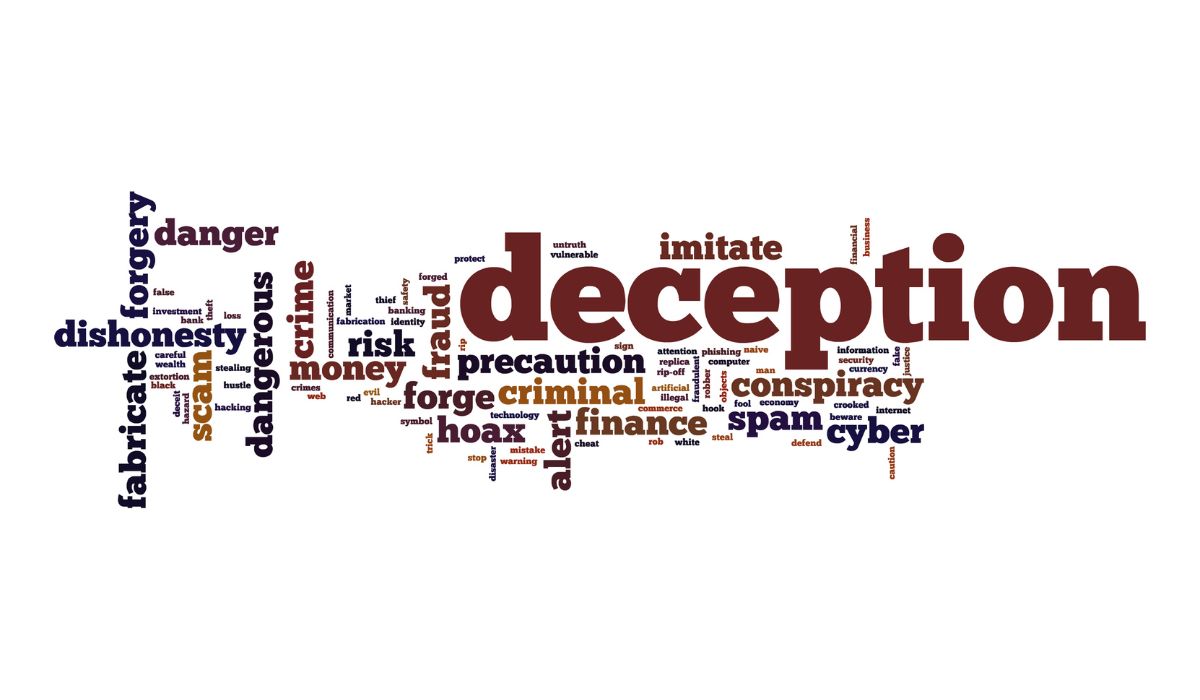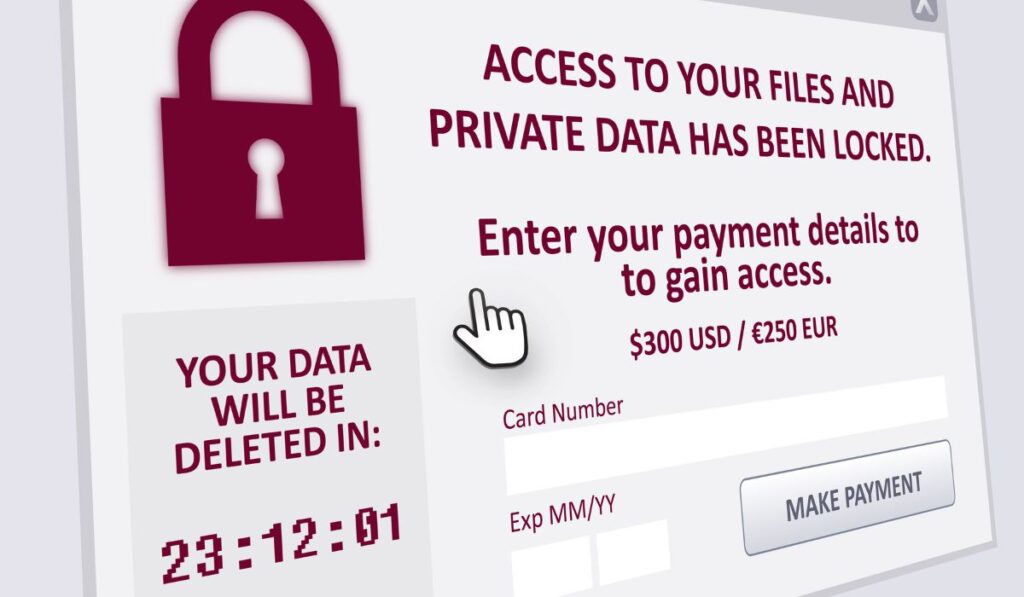Protect Yourself from Amazon Scam Calls: Tips to Recognize and Avoid Fraudulent Phone Scams
With the increasing prevalence of technology and communication, phone scams have become a significant concern for individuals and businesses. One prominent example is the Amazon scam calls, where fraudsters impersonate representatives from the popular online marketplace to deceive and defraud unsuspecting victims. This article aims to provide an overview of Amazon scam calls, highlighting their modus operandi, the risks they pose, and practical steps individuals can take to protect themselves from falling victim to these fraudulent phone scams. By raising awareness and promoting proactive measures, individuals can safeguard their personal and financial information, ensuring a safer online experience.
Table of Contents
Understanding Amazon Scam Calls
Amazon scam calls are deceptive phone scams where fraudsters impersonate representatives from Amazon to deceive unsuspecting individuals. These scammers typically use social engineering techniques to trick victims into believing that there is a problem with their Amazon account or an unauthorized transaction has occurred. They may claim that the victim’s account has been compromised or that they need to verify personal information to resolve an issue.
To create a sense of urgency and legitimacy, scammers often employ tactics such as providing a fake case ID, claiming that legal action will be taken if the victim doesn’t cooperate, or offering refunds or discounts to gain trust. They may also use spoofed phone numbers to make it appear as if the call is coming from Amazon or a legitimate customer service line.
The consequences of falling victim to these scams can be severe. Victims may unknowingly provide sensitive personal information, such as their credit card details, social security number, or login credentials, which can be used for identity theft or financial fraud. Additionally, scammers may attempt to gain remote access to victims’ computers or convince them to install malware or other malicious software.
It is important to note that Amazon does not make unsolicited phone calls to customers regarding their accounts or transactions. This is a red flag that can help individuals identify and avoid these scams. It is crucial to be vigilant and skeptical of any unexpected phone calls claiming to be from Amazon or any other reputable organization.
By being aware of the risks associated with Amazon scam calls and staying informed about their tactics, individuals can better protect themselves and their personal information from falling into the hands of scammers.
Common Types of Amazon Scam Calls
There are several common types of Amazon scam calls that individuals should be aware of:
- Fake Customer Service Calls: Scammers impersonate Amazon customer service representatives and claim there is an issue with the victim’s account or an unauthorized transaction. They may ask for personal information or request access to the victim’s computer to resolve the alleged problem.
- Delivery Scams: Scammers pretend to be Amazon delivery agents and inform the victim that there was a problem with their package delivery. They may request payment for reshipping fees or ask for credit card information to process a refund.
- Phishing Attempts: Scammers send out automated or pre-recorded phone messages posing as Amazon and ask recipients to provide personal information, such as credit card details, social security numbers, or login credentials. These phishing attempts aim to steal sensitive information for fraudulent purposes.
- Account Verification Scams: Scammers contact individuals claiming that their Amazon account needs to be verified or updated due to security reasons. They may request the victim to provide personal information or click on suspicious links to a fake Amazon login page, where their credentials can be stolen.
These scam calls often utilize persuasive tactics, such as urgency, threats, or promises of rewards, to manipulate individuals into providing sensitive information or taking immediate action. It is important to note that Amazon typically communicates with its customers through email or within the secure account portal, and they do not make unsolicited phone calls to customers.
By familiarizing themselves with these common types of Amazon scam calls, individuals can be better prepared to recognize and avoid falling victim to these fraudulent schemes.
Warning Signs and Red Flags
When receiving a phone call that claims to be from Amazon, it’s important to watch out for the following warning signs and red flags that indicate a potential scam:
Unsolicited Calls
If you receive a call from someone claiming to be from Amazon without any prior communication or request from your side, it should raise suspicions. Amazon typically does not initiate unsolicited calls to customers.
Requests for Personal Information
Be cautious if the caller asks for personal information like your full name, address, credit card details, social security number, or any login credentials. Legitimate Amazon representatives would not ask for such information over the phone.
Urgency Tactics
Scammers often create a sense of urgency and pressure during the call. They may claim that there is an urgent issue with your account or a pending delivery, and they require immediate action or payment. Genuine Amazon communication is unlikely to employ high-pressure tactics.
Caller Behavior and Language
Pay attention to the behavior and language used by the caller. Scammers may be aggressive, threatening, or use manipulative tactics to intimidate you. If the caller does not maintain a professional and courteous demeanor, it is a cause for suspicion.
Inconsistencies in Call Content
Listen carefully to the content of the call. Scammers may provide inconsistent or inaccurate information about your account, recent orders, or the reason for the call. If something doesn’t seem right or align with your recent interactions with Amazon, it could be a sign of a scam.
Suspicious Phone Numbers
Take note of the phone number displayed on your caller ID. Scammers often use spoofing techniques to make it appear as if the call is coming from a legitimate Amazon phone number. However, if you suspect the call is a scam, do not rely solely on the caller ID information as it can be manipulated.
If you encounter any of these warning signs or red flags during a phone call claiming to be from Amazon, it is recommended to hang up immediately. To verify the legitimacy of the call, reach out to Amazon directly through their official website or customer support channels using the contact information you trust.
Remember, it is always better to err on the side of caution and protect your personal information and financial security.
Protecting Yourself: Best Practices
To protect yourself from Amazon scam calls and maintain your security and privacy, here are some best practices to follow:
- Verify the Authenticity: If you receive a call claiming to be from Amazon, do not provide any personal information or financial details immediately. Hang up the call and independently verify the legitimacy of the call. Use official channels to contact Amazon directly, such as their official website or customer support hotline, and inquire about the purpose of the call.
- Protect Personal Information: Be cautious about sharing personal information over the phone, especially if you are not initiating the call. Amazon representatives will not ask for sensitive information like your social security number, credit card details, or passwords over the phone. Avoid sharing such information unless you are certain about the caller’s authenticity.
- Use Official Amazon Channels: Whenever you need assistance or have inquiries related to your Amazon account, use official Amazon channels to reach out for support. Visit the official Amazon website, log in to your account, and access the customer support section. Avoid using phone numbers provided during suspicious calls, as they could be part of a scam.
- Be Wary of Unsolicited Calls: Exercise caution when receiving unsolicited calls, even if they claim to be from Amazon. Scammers often employ tactics to make the call appear urgent or important. Remember that Amazon typically communicates with customers through email or notifications within their official website or mobile app, rather than through unsolicited phone calls.
- Educate Yourself: Stay informed about the latest scams and tactics used by scammers. Regularly review resources provided by trusted sources, such as the official Amazon website or reputable cybersecurity organizations. By staying educated, you can recognize and avoid potential scams more effectively.
- Report Scam Calls: If you receive a suspected Amazon scam call, report it to Amazon and the appropriate authorities. Amazon has mechanisms in place to track and investigate fraudulent activities. Additionally, reporting scam calls helps raise awareness and protect others from falling victim to similar scams.
Remember that scammers can be persistent and employ increasingly sophisticated tactics. By being vigilant, verifying the authenticity of calls, and protecting your personal information, you can minimize the risk of falling victim to Amazon scam calls and protect your privacy and security.
Dealing with Amazon Scam Call Attempts
When dealing with suspicious Amazon scam calls, it is important to follow these strategies:
Do Not Share Personal or Financial Information
Never share personal or financial information over the phone unless you can independently verify the caller’s authenticity. Legitimate Amazon representatives will not ask for sensitive information like passwords, social security numbers, or credit card details over the phone.
End the Call Promptly
If you suspect that the call is a scam, end the call immediately. Do not engage in conversation or provide any information. Scammers may try to pressure or manipulate you into giving them what they want. Simply hang up the phone and disconnect the call.
Do Not Follow Instructions
Scammers often provide instructions during the call, such as visiting a website, downloading software, or making a payment. Never follow these instructions, as they are designed to deceive and defraud you. Disregard any requests or demands made by the caller.
Report the Incident to Amazon
If you receive a suspected Amazon scam call, report the incident to Amazon. Provide them with details of the call, including the caller’s phone number (if available) and any relevant information about the conversation. Amazon has mechanisms in place to investigate and take action against scammers.
Block the Caller
If you continue to receive suspicious calls from the same number, consider blocking the caller. Most mobile devices have built-in features to block specific phone numbers. Refer to your device’s user manual or contact your service provider for instructions on how to block unwanted calls.
Stay Informed
Stay up to date with the latest information on Amazon scam call tactics and trends. Visit the official Amazon website or follow reputable cybersecurity sources to stay informed about the types of scams circulating and how to protect yourself.
By following these steps, you can effectively handle suspicious Amazon scam calls and reduce the risk of falling victim to scams. Remember to prioritize your privacy and security by not sharing sensitive information and promptly reporting any suspicious incidents.
Reporting Amazon Scam Calls
If you encounter an Amazon scam call, it is important to report the incident to the appropriate authorities and notify Amazon. Here are the steps you can take to report such calls:
Report to Amazon
Contact Amazon’s customer support to report the scam call. Provide them with details of the call, including the phone number used by the scammer, the content of the conversation, and any other relevant information. Amazon takes these reports seriously and investigates fraudulent activities on their platform.
Contact Law Enforcement
If you believe you have been a victim of a scam or if you have received a suspicious call, you can report it to your local law enforcement agency. They may have a dedicated unit or department that handles cybercrime and fraudulent activities.
File a Complaint with Relevant Authorities
In many countries, there are government agencies or organizations dedicated to handling fraudulent activities and protecting consumers. For example, in the United States, you can file a complaint with the Federal Trade Commission (FTC) through their website or by calling their toll-free number. Check your country’s consumer protection agency or similar organizations to find out how to report scams and fraudulent calls.
Use Online Scam Reporting Platforms
There are various online platforms and websites where you can report scams and fraudulent activities. These platforms collect information to track and raise awareness about scams. Examples include the Better Business Bureau’s Scam Tracker, the Anti-Phishing Working Group’s (APWG) report phishing page, or other similar resources.
Remember, reporting scam calls is crucial in helping authorities and companies take action against scammers and protect others from falling victim to these scams. By reporting, you contribute to the collective effort in combating fraud and maintaining a safer online environment.
Additionally, it is important to stay informed about the latest scams and fraud prevention techniques. Websites like the official Amazon blog, consumer protection agencies, and cybersecurity organizations often provide information and resources to educate and protect individuals from scams.
If you have fallen victim to a scam or have suffered financial loss, it is advisable to seek legal advice and take appropriate measures to protect your personal and financial information.
Educating Others: Spreading Awareness
Educating others and spreading awareness about Amazon scam calls is crucial in helping individuals protect themselves and their loved ones from falling victim to these fraudulent activities. Here are some tips for promoting awareness and sharing knowledge:
Share Personal Experiences
Encourage individuals who have encountered Amazon scam calls or similar fraudulent activities to share their experiences. This can be done through social media platforms, online forums, or community groups. Personal stories can be powerful in creating awareness and illustrating the tactics used by scammers.
Utilize Social Media
Use social media platforms to share informative posts, articles, and tips on how to identify and protect against Amazon scam calls. Encourage others to share these posts to reach a wider audience. Consider creating dedicated hashtags to consolidate information and facilitate discussions.
Organize Workshops or Webinars
Collaborate with local organizations, community centers, or schools to conduct workshops or webinars on phone scam awareness. Provide practical tips and strategies for recognizing and avoiding fraudulent calls. Invite guest speakers, such as cybersecurity experts or representatives from law enforcement agencies, to share their insights and expertise.
Create Informational Materials
Develop brochures, pamphlets, or infographics that outline the common tactics used in Amazon scam calls and how to protect against them. Distribute these materials in public spaces, community centers, libraries, and local businesses.
Engage with Local Media
Reach out to local newspapers, radio stations, or television channels to discuss the prevalence of Amazon scam calls and the importance of awareness. Offer to provide insights or tips for their audience. Sharing information through various media channels can amplify the message and reach a wider audience.
Collaborate with Pillar Support
Partner with organizations like Pillar Support that provide fraud awareness training. Utilize their expertise and resources to conduct training sessions or workshops focused on Amazon scam calls and other forms of fraudulent activities. Their professional guidance can help individuals and organizations develop a stronger understanding of scams and prevention measures.
Remember, raising awareness is an ongoing effort. Encourage individuals to stay vigilant, share information with their friends and family, and report any suspicious calls or incidents. By working together to spread awareness, we can create a safer online environment and protect ourselves from scams.
Staying Informed: Keeping Up with Amazon Scam Call Trends

Staying informed about the latest trends and techniques used by scammers in Amazon scam calls is essential for effectively protecting yourself and others from falling victim to these fraudulent activities. Scammers are constantly adapting their tactics, so it’s important to stay updated and share information within your community. Here are some ways to stay informed:
- Follow Reliable Sources: Stay updated on the latest scam trends by following reliable sources such as official Amazon blogs, news websites, and reputable cybersecurity blogs. These sources often publish articles and alerts about emerging scams and provide tips to protect against them.
- Subscribe to Security Newsletters: Sign up for newsletters or email alerts from trusted cybersecurity organizations or government agencies. These newsletters often provide updates on the latest scams, security vulnerabilities, and best practices to stay safe online.
- Participate in Online Forums and Communities: Join online forums and communities dedicated to cybersecurity and scam awareness. Engage in discussions, share experiences, and learn from others who have encountered similar scam calls. These platforms can provide valuable insights and tips for protecting yourself and others.
- Share Information within Your Community: Spread the word about emerging scam trends and techniques within your social circles, workplace, or community groups. Encourage others to stay vigilant and share any new information they come across. By collectively staying informed, you can create a network of support and help prevent others from falling victim to scam calls.
By empowering yourself and others with knowledge about the latest scam trends and techniques, you can better protect against fraudulent phone scams impersonating Amazon representatives. Additionally, consider joining the fraud awareness training provided by Pillar Support. Their training programs can equip you with the necessary knowledge and skills to identify and prevent various types of scams, including Amazon scam calls. By actively participating in such training, you can enhance your ability to protect yourself and contribute to the overall safety of your community.
Remember, awareness and education are key to combating scams. Stay informed, share information, and encourage others to join the fight against fraudulent phone scams. Together, we can create a safer digital environment.
Frequently Asked Questions
Is Amazon Supposed to Call You?
No, Amazon typically does not initiate unsolicited phone calls to customers. If you receive a call claiming to be from Amazon, be cautious and verify the authenticity of the call before providing any personal information or taking any action.
How Do I Know If I am a Scammer on Amazon?
If you are referring to whether your Amazon account has been compromised or involved in fraudulent activities, there are several signs to watch out for. These may include unexpected or unauthorized orders, changes in account information, unfamiliar payment methods, or suspicious emails claiming to be from Amazon. If you suspect that your account has been compromised, it is recommended to contact Amazon customer support directly through their official website or app to report the issue and seek assistance.
What Happens If You Press 1 on a Scam Call?
Pressing 1 or any other key in response to a scam call can potentially lead to further interaction with the scammers or even connect you to a premium-rate service. It is generally advised not to engage with scammers or follow their instructions. Instead, it is best to end the call and report the incident to the relevant authorities or your phone service provider.
Does Amazon Call You If Your Account Is Compromised?
While Amazon may contact you regarding certain account-related issues or security concerns, such as suspicious activity or password resets, they typically do not call customers directly if their account is compromised. It’s important to be cautious of any unexpected calls claiming to be from Amazon and to verify the authenticity of the call through official channels before providing any sensitive information.
Why Do I Have a Missed Call from Amazon?
If you have a missed call from a number that appears to be from Amazon, it is possible that it may be a scam call. Scammers often use spoofed phone numbers to make it appear as though the call is coming from a legitimate source. However, it is important to note that Amazon does not typically initiate unsolicited phone calls to customers. If you have any concerns, it is recommended to contact Amazon customer support directly through their official website or app to verify the legitimacy of the call and address any potential issues.






